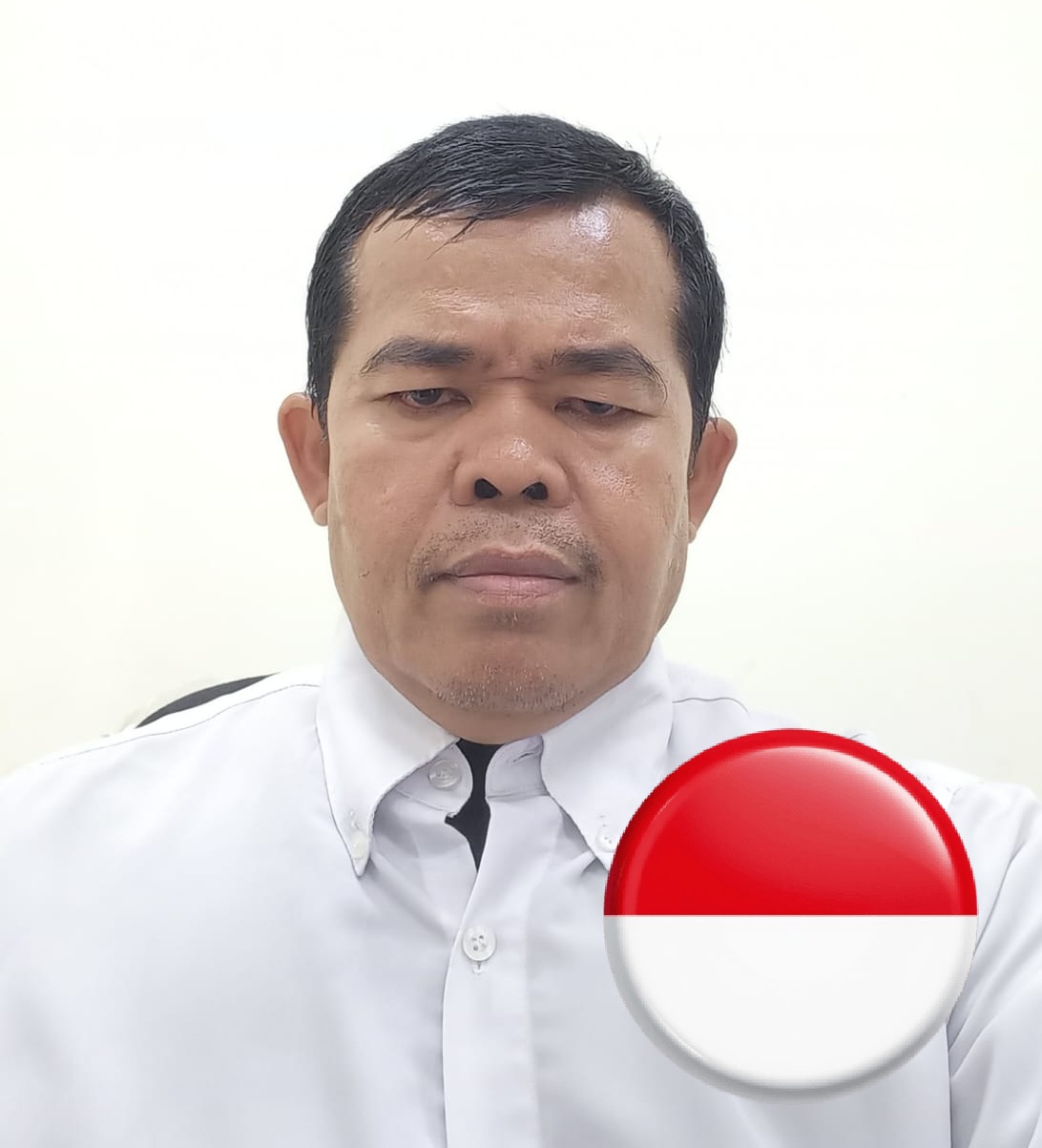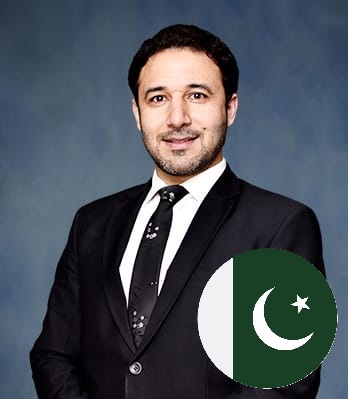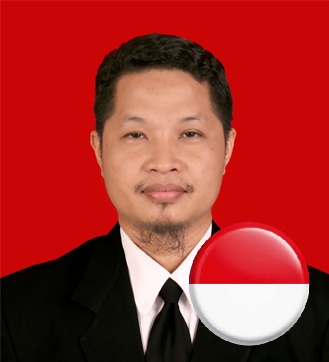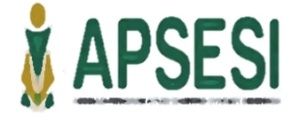ZAKAT DISTRIBUTION POLICY OF UMAR BIN KHATTAB AND COVID-19 CRISIS
Abstract
This research aims to analyze the distribution of the zakat policy of Umar bin Khattab and to relevance it with the condition of the pandemic of COVID-19 in Indonesia. This research uses a qualitative-descriptive approach with content analysis and library research techniques. The result showed that Rasulullah SAW has confirmed to those who he made as zakat takers to distribute zakat assets taken from the rich to the poor, not returned and stored into the state treasury, which is then allowed to distribute zakat out of the area where zakat is collected due to certain factors which the priest or leader deems emergency, such as a disaster and a drought that has caused local residents to have difficulty getting supplies of much-needed staples and drinks. So it can be concluded that: (1) among the forms of Umar bin Khattab’s zakat distribution policy are: (a) distributing zakat outside the area where the zakat is collected, (b) paying great attention to illat in determining mustahik, (c) setting priorities distributing zakat and alms to the poor; (2) various policies of Umar bin Khattab have strong relevance to the current state of the COVID-19 pandemic crisis.
Keywords
Full Text:
PDFReferences
Aflaha, A. N. (2019). Manajemen Krisis Ramadah Umar bin Khattab Perspektif Sejarah Ekonomi Islam. Rihlah: Jurnal Sejarah Dan Kebudayaan, 7(1), 1–12.
Al-Madani, M. M. (2002). Nazharat fi Fiqh al-Faruq Umar bin Khattab. Wizarah al-Auqaf.
Al-Qardhawi, Y. (2006). Fiqh al-Zakah. Maktabah Wahbah.
Al-Sa’di, A. bin N. (2011). Al-Qawa’id wa al-Ushul al-Jami’ah. Dar Ibn al-Jauzi.
Al-Thabari, I. J. (2000). Jami’ al-Bayan fi Tafsir Ayi al-Qur’an. Muassasah Ar-Risalah.
Azwar. (2020). Solusi Ekonomi dan Keuangan Islam di Masa Pandemi Covid-19. Kemenkeu.Go.Id. https://www.kemenkeu.go.id/publikasi/artikel-dan-opini/solusi-ekonomi-dan-keuangan-islam-saat-pandemi-covid-19/
Bank, W. (2020). World Bank Group and COVID-19 (coronavirus). The World Bank IBRD-IDA. https://www.worldbank.org/en/who-we-are/news/coronavirus-covid19
Haikal, M. H. (1963). Al-Faruq Umar. Qahirah: Maktabah Al-Nahdhah Al-Mishriyyah, 1, 1.
Iskandar, Azwar, and K. A. (2019). Kedudukan Ilmu Ekonomi Islam di Antara Ilmu Ekonomi dan Fikih Muamalah: Analisis Problematika Epistemologis. Nukhbatul ’ Ulum: Jurnal Bidang Kajian Islam, 5(2), 88–105.
Kasdi, A. (2016). Filantropi Islam Untuk Pemberdayaan Ekonomi Umat (Model Pemberdayaan ZISWAF di BMT Se-Kabupaten Demak). Iqtishadia: Jurnal Kajian Ekonomi Dan Bisnis Islam STAIN Kudus, 9(2), 227–245.
Maniroh, M. (2018). Penyelesaian Krisis Ekonomi menurut Umar bin Khatab” (Analisis terhadap Penundaan Pemungutan Zakat Hewan Ternak). Sekolah Tinggi Agama Islam Negeri Teungku Dirundeng Meulaboh.
Maqdisi, I. Q. Al. (1985). Al-Mughni fi Fiqh al-Imam Ahmad bin Hanbal al-Syaibani. Dar al-Fikr.
Marathon, S. S. (2007). Ekonomi Islam di Tengah Krisis Ekonomi Global. Zikrul Hakim.
Munif, A. (2012). Analisis Pendapat Khalifah Umar Bin Khattab tentang Penundaan Penarikan Zakat Binatang Ternak Kambing yang Telah Mencapai Nisab. Muqtasid: Jurnal Ekonomi Dan Perbankan Syariah, 3(2), 205–230.
Penyusun, T. (2013). Pedoman Penulisan Karya Ilmiah (Makalah dan Skripsi). STAIN Parepare.
Qasim, A. U. Al. (n.d.). Al-Amwal. Dar al-Fikr.
Ridha, M. R. (1990). Tafsir al-Manar. al-Hai’ah al-Mishriyyah al-Ammah Li al-Kitab.
Sabiq, S. (2004). Fiqh as-Sunnah. Dar al-Hadis.
Sakni, A. S. (2013). Konsep Ekonomi Islam dalam Mengentaskan Kesenjangan Sosial: Studi atas Wacana Filantropi Islam dalam Syari’at Wakaf. Jurnal Ilmu Agama: Mengkaji Doktrin, Pemikiran, Dan Fenomena Agama, 14(1), 151–166.
Sari, N. (2015). Zakat Sebagai Kebijakan Fiskal pada Masa Kekhalifah Umar Bin Khattab. Jurnal Perspektif Ekonomi Darussalam, 1(2), 172–184.
Surico, Paolo, and A. G. (2020). The economics of a pandemic: the case of Covid-19. In Wheeler Institute for Business and Development, LBS. London Business School.
Syaltut, M. (2001). Al-Islam; Aqidah wa Syariah. Dar as-Shouruq.
Tazkia, I. (2020). Tujuh Paket Ekonomi dan Keuangan Syariah Mengatasi Dampak Krisis Covid-19. Institut Tazkia.
Uwais, A. H. (2005). Mausu’ah al-Fiqh al-Islamy al-Mu’ashir. Dar al-Wafa.
Uyun, Q. (2015). Zakat, Infaq, Shadaqah, Dan Wakaf Sebagai Konfigurasi Filantropi Islam. Islamuna: Jurnal Studi Islam, 2(2), 218–234.
Wren-Lewis, S. (2020). The economic effects of a pandemic. In R. Baldwin & B. W. di Mauro (Eds.), Economics in the Time of COVID-19. CEPR Press.
DOI: http://dx.doi.org/10.30984/tjebi.v5i2.1184
Article Metrics
Abstract view : 1220 timesPDF - 2246 times
Refbacks
- There are currently no refbacks.
Copyright (c) 2020 Tasharruf: Journal Economics and Business of Islam
License URL: https://creativecommons.org/licenses/by-nc/4.0/
Tasharruf: Journal Economics and Business of Islam is indexed by:
 |
 |
 |
 |
 |
|
 |
 |

This work is licensed under a Creative Commons Attribution-NonCommercial 4.0 International License.
________________________________________________________
Tasharruf: Journal Economics and Bussiness of Islam is published by Fakultas Ekonomi dan Bisnis Islam, Institut Agama Islam Negeri (IAIN) Manado
Jl. Dr. S. H. Sarundajang Kawasan Ring Road I Malendeng Manado, Sulawesi Utara, Indonesia 95128
Email: [email protected]
ISSN Print: 2528-0317 ISSN Online: 2528-0325












1.png)


